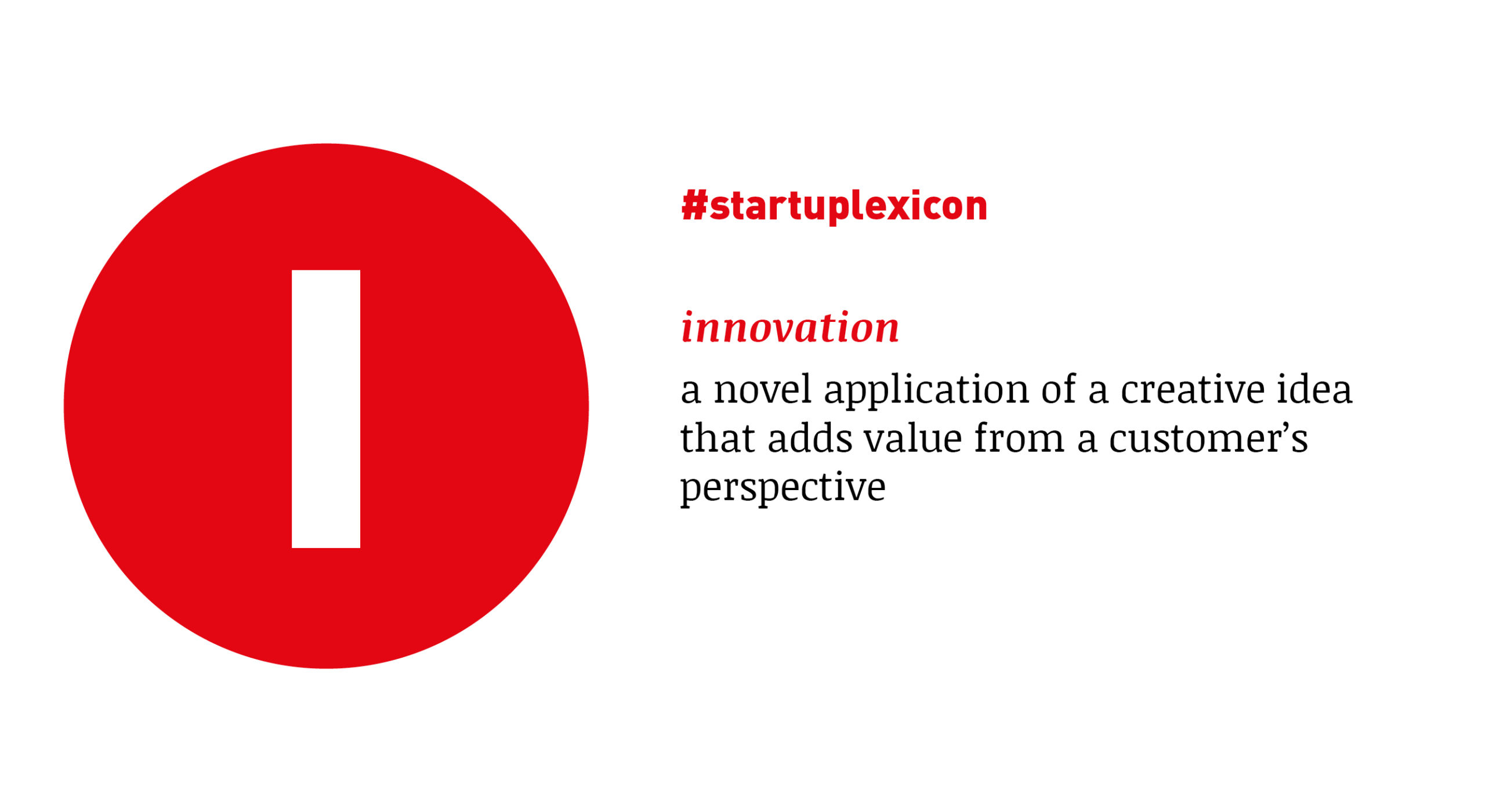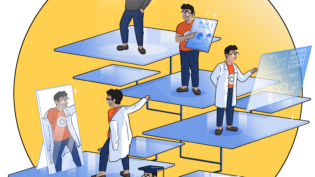Best of both worlds
Written by
How a researcher’s skillset boosts her career beyond the lab
Laura Turco is a researcher to the core: ever-curious, analytical, hard-working, and passionate about her field. As a matter of fact, these very traits took her to strike a new path – off the academic route. She is currently exploring the corporate environment of a large organisation at BAYER. Based on her first months of experience, she explains that academia and industry might not be so different after all.
You had quite a career in academia. How did you decide to leave?
First of all, I love research and innovation. I became a group leader at the Max Planck Institute for Dynamics & Self-Organization in 2019, while I was also working on a project about regenerative medicine. Even so, I began to wonder about the immediate application of the work I was doing. I wanted to work on turning ideas into solutions for people and communities.
Once I started testing the waters, I realised there is a gigantic sea of possibilities out there. I looked at pharma and biopharma companies for the perspective of applying my technical skills. An important condition was that the company’s values, goals, and vision aligned with my own. As I was researching options, I found BAYER and immediately I knew: This is it. This is me! I applied to their trainee programme and luckily, they accepted.
Did you have any second thoughts before entering into your new work environment?
Absolutely. As someone coming from academia, I asked myself: Am I made for this? Will I do well? Is it time to leave academia now? After all, I had come this far in my career as a scientist. Of course, I was a bit nervous. However, the more I started seeing the perspective of what I was going to learn and do, the more I stuck with my decision.
Do you get to apply any of your technical knowledge at BAYER at the moment?
In my current position it is not essential, but from time to time it helps to connect the dots and understand what people are talking about. I get to apply many other things I have learned: how to manage projects, how to communicate with people from different backgrounds, and how to solve problems. Being scientists trains us to think about the “why”. We want to unpack the problem. In the industry, the problems might be different ones, but the mindset is similar.

What other skills have proven to be useful?
In my previous experience as a group leader, I honed my leadership skills. When things went wrong during an experiment, I would always say: “Hey, we learned something here!” A solution-oriented mindset and being able to motivate others is very important in and outside of research. You might fail at some point, but this does not have to push you down.
What have you noticed so far that is different from working in academia?
What I have noticed to be different is the level of team working. Researchers generally work in smaller teams of five to ten people. In a company, you can have teams of 50 people. This implies different levels of communication. Speaking of communication, the language is different. Researchers use a rather technical language specific to their field, while companies have each their individual vernacular. I felt like I needed to learn two foreign languages at once, German, and the company language! This is something to get used to – and I did, very quickly.
How did the YES workshop play into your decision to change careers?
During the corporate innovation module, I learned that companies indeed invest in research and innovation. The mentality, that research and industry are two different things, is outdated. The talks also prepared me for the different terminology companies use. That was great preparation for my job interview at BAYER.
Some of us built a small alumni community afterward for exchange. We met once a month to chat in a virtual space. I was able to discuss my plans to leave academia with different people. Talking to other peers helped me think about why I wanted this.
What advice do you have for researchers who want to look for an industry job?
Assess yourself and try to understand what you can offer apart from your technical skills. What makes you unique? What is great about you? This is something you learn from talking to friends, family, and colleagues. Ask them to say three things about you. You might discover strengths you weren’t aware of. Knowing this about yourself will give you the confidence to succeed in interviews.
What are your professional goals and next steps?
I want to gain an overview of the company and get to know every corner of it. Knowing is the key. I don’t want to stop learning, ever. In the long-term, I would love to lead a team and leverage cutting-edge research to provide a positive contribution to society.







